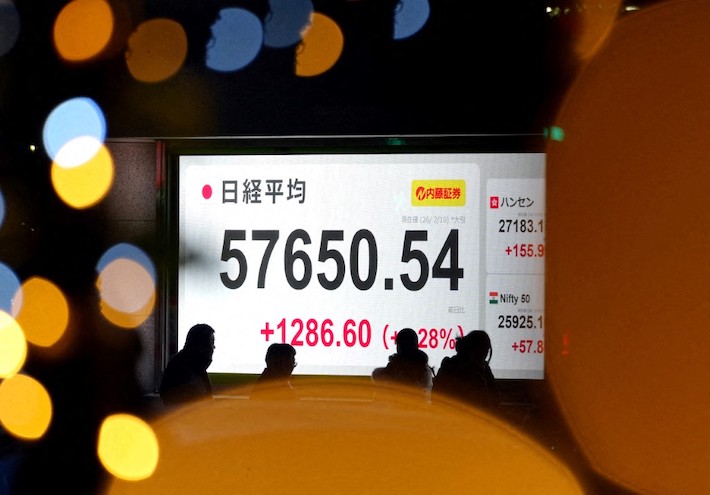Latest News: Forex

Stocks surge after Japanese PM's huge election win, but she'll need to be careful with spending outlays to retain her popularity
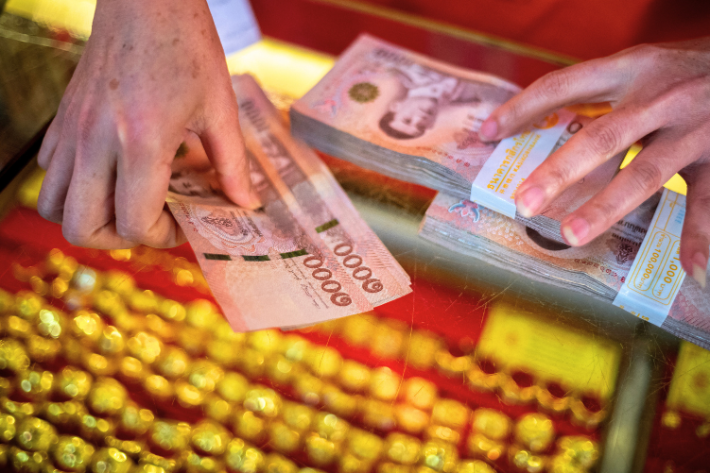
The Bank of Thailand looks set to limit online gold trading to cut impacts on the baht, now at levels hurting tourism and exports; scam centre cash could also hit Feb 8 poll outcome
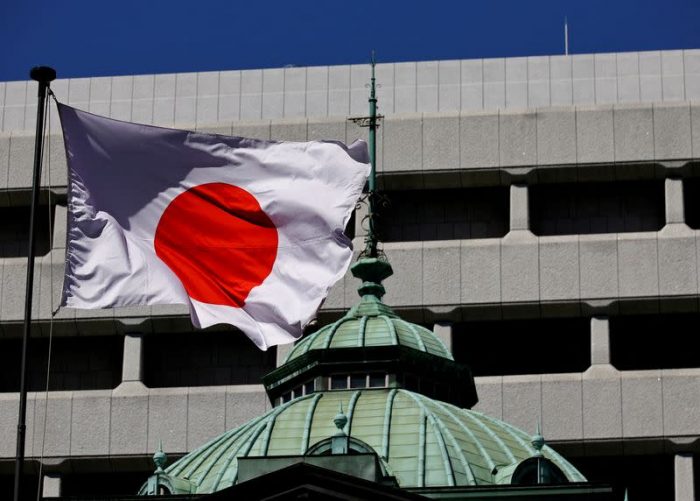
Takaichi's promises to cut taxes, boost the economy and spending on defence have spooked investors, as Japan has one of the world's biggest debt levels

President's decision to nominate his nephew as a governor of Bank Indonesia has raised concerns about the central bank's independence

The move could irritate US President Donald Trump, who has threatened to impose 100% tariffs on any BRICS nation that tries to bypass the dollar

Takaichi plans to dissolve parliament on Friday ahead of the snap vote on February 8 for all 465 seats in the lower house of parliament
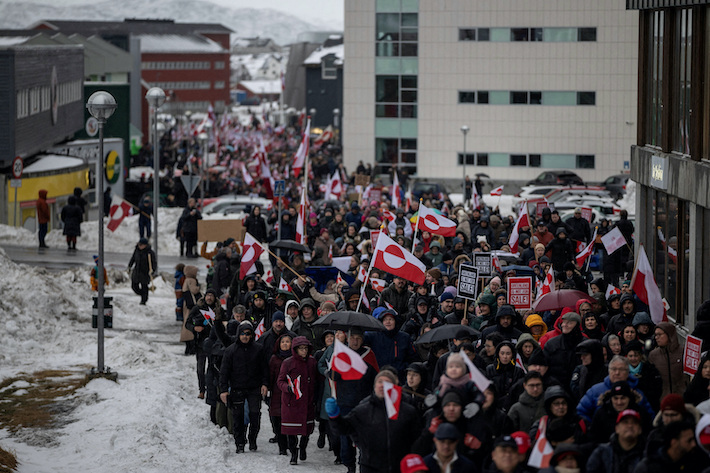
The Nikkei and the Hang Seng Indexes fall after Trump's threat to impose tariffs on eight EU nations over bid to take over Greenland - but gold soars to a new high

Trump urges Iranians to keep protesting. Meanwhile, analysts unsure if Trump will impose a higher tariff on China, plus countries that are US allies. States are also waiting to see if the US will intervene in the crisis

The Nikkei shot up on Tuesday amid widespread speculation that Prime Minister Sanae Takaichi will call a snap election, possibly in just a month's time

Videos on social media show cars and buildings ablaze as riots rage in several cities; dozens have died and the regime looks vulnerable amid a dire economic crisis and strikes last year by Israel and the US
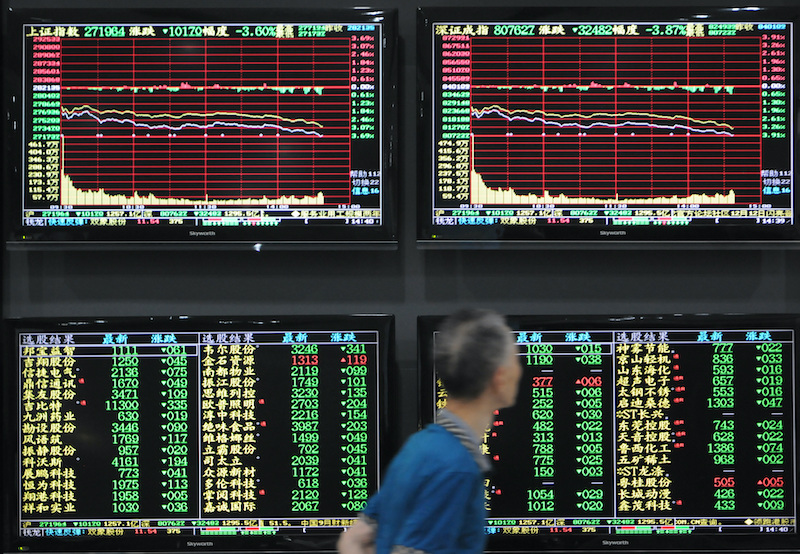
The MSCI index of emerging Asia equities rose about 2% to its highest since February 2021, while a gauge of ASEAN stocks hit its highest level since January 2020
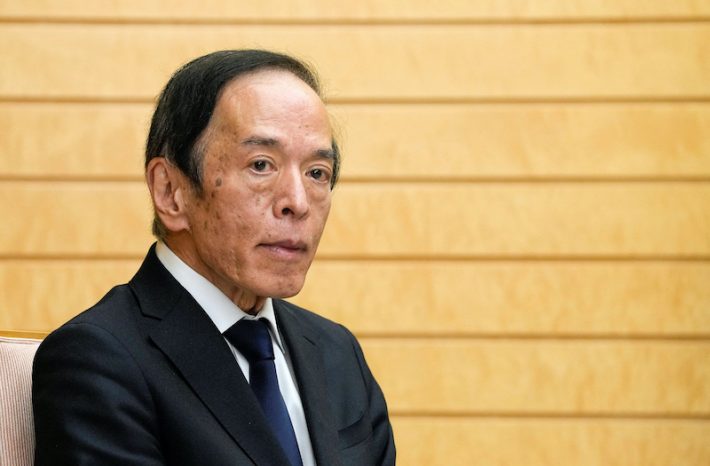
The Bank of Japan lifted interest rates to a three-decade high on Friday, which caused the yield of 10-year government bonds to jump to a 26-year peak. Meanwhile, MUFG bought a 20% stake in an Indian non-bank lender
AF China Bond
- Popular




